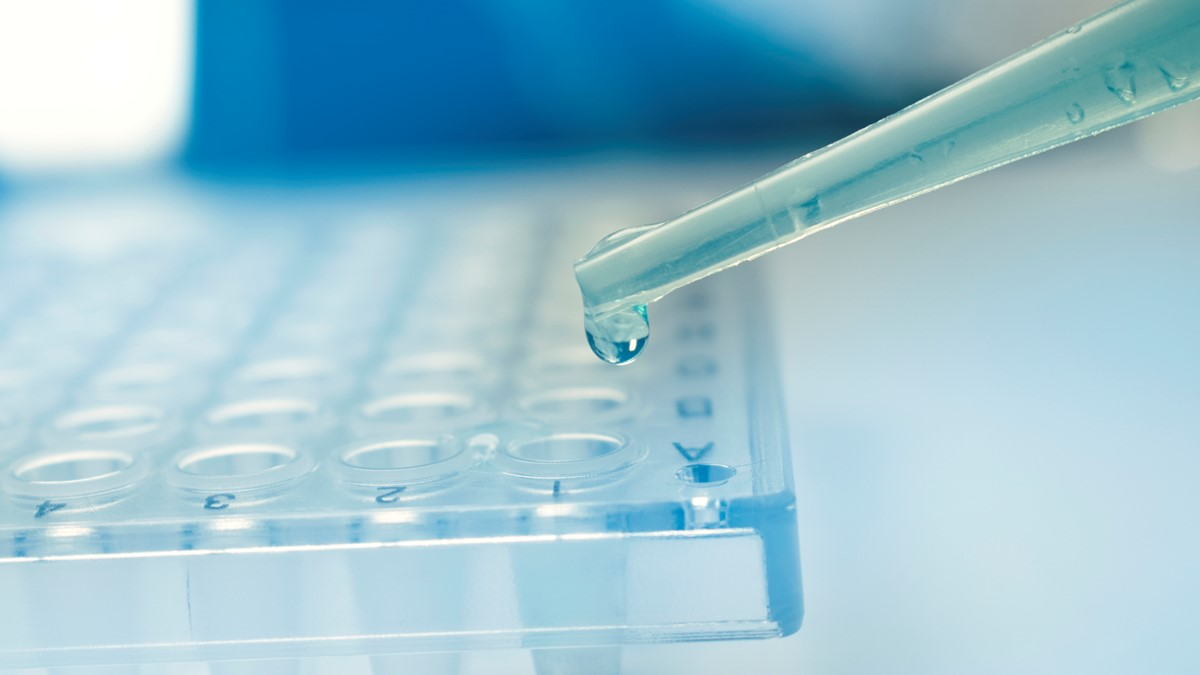What the test is
- NS1 tests detect the non-structural protein 1 (NS1) of dengue virus.
- This protein is secreted into the blood during a dengue infection.
- NS1 tests have been developed for use in serum.
- Most of these tests use synthetically labeled antibodies to detect dengue NS1 protein.
How NS1 antigen tests should be used and at what time during infection
Overview
- NS1 is detectable during the acute phase of dengue virus infections.
- NS1 tests can be as sensitive as molecular tests during the 7 days of symptoms.
- NS1 can be detected in some people for a few more days.
Additional Considerations
- A positive NS1 test result is indicative of a dengue infection but does not provide serotype information. Knowing the serotype of the infecting virus is not necessary for patient care.
- In combination, NS1 and IgM antibody tests can usually provide a diagnostic result during the first 7 days of illness.
- If results of both tests are negative, a second, convalescent specimen can be tested for IgM to help confirm or rule out infection.
Specimen Type
- Serum is preferred, though blood and plasma can be used.
Interpretation of results
- A positive NS1 test result is indicative of a dengue virus infection.
- A negative NS1 test result does not rule out infection.
- People with negative NS1 and negative or unavailable RT-PCR test results should be tested for the presence of dengue IgM antibodies to determine possible recent dengue exposure.
Availability
There is one dengue NS1 test cleared by the U.S. Food and Drug Administration. There are other NS1 tests available as commercial diagnostic kits. Some public health and commercial laboratories use these tests.

